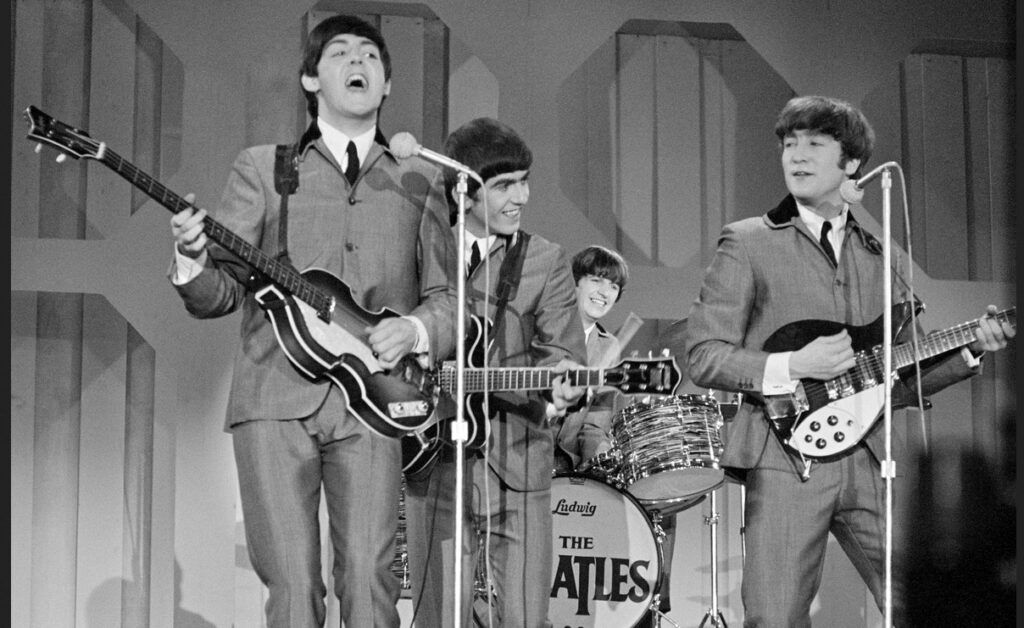“Eleanor Rigby,” a gem in the crown of the legendary British rock ensemble, The Beatles, stands as a timeless masterpiece etched into the annals of musical history. Unveiled to the world on their groundbreaking 1966 album “Revolver,” this song, alongside its counterpart “Yellow Submarine,” captured the essence of the band’s evolution into a realm of experimental and introspective artistry.
The lyrical tapestry of “Eleanor Rigby” weaves a poignant tale of solitude and disconnected lives, painting vivid portraits of the titular character and Father McKenzie. Amidst the backdrop of isolation and loneliness, Paul McCartney’s haunting vocals, paired with an evocative string ensemble, evoke a profound sense of melancholy and introspection, marking a departure from the band’s earlier, more buoyant compositions.
In a bold departure from convention, The Beatles introduced classical strings into their sonic palette, transcending the boundaries of traditional rock instrumentation. This daring fusion of thought-provoking lyricism and innovative musical arrangement propelled “Eleanor Rigby” to the forefront of critical acclaim and commercial success, solidifying its status as a hallmark of artistic prowess.
Over the decades, “Eleanor Rigby” has retained its timeless allure, standing as a testament to The Beatles’ enduring legacy and their unparalleled contribution to the tapestry of popular music. Its exploration of profound emotional themes and groundbreaking musical experimentation continues to resonate with audiences, securing its place as a classic not only within the band’s illustrious repertoire but also in the broader landscape of musical history.
